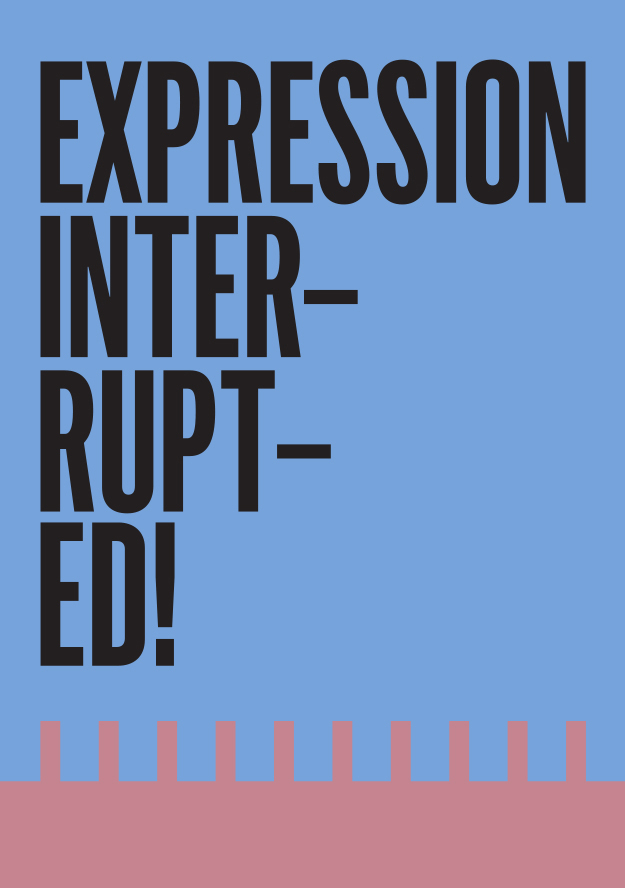Journalists and academics bear the brunt of the massive crackdown on freedom of expression in Turkey. Scores of them are currently subject to criminal investigations or behind bars. This website is dedicated to tracking the legal process against them.


The accusation stemmed from Kobulan’s social media posts during the time of 2015’s widespread curfews across Turkey’s southeastern provinces
An Istanbul court on March 8 sentenced Mezopotamya news agency reporter Yasin Kobulan to 1 year 6 months and 22 days in prison on the charge of “successively disseminating propaganda for a terrorist organization.”
The accusation stemmed from Kobulan’s social media posts during the time of 2015’s widespread curfews across Turkey’s southeastern provinces.
P24 monitored the hearing at the 30th High Criminal Court of Istanbul, where Kobulan was represented by his lawyers Özcan Kılıç and Sercan Korkmaz. It was the second hearing in the case.
Addressing the court, Kobulan’s lawyer Kılıç said all the social media posts in the indictment were titles of news articles. Kılıç also noted that no trial had been launched against the shuttered Dicle News Agency (DİHA) based on the news articles held as evidence against Kobulan. Though the content of the titles could be considered as strong and disturbing, Kılıç said, propaganda could not be carried out through journalism, but by way of content aiming to influence public opinion.
Kılıç also told the court they had submitted to the court a UN report about the 2015 curfews and military operations. He said facts described in the report were consistent with news articles in the indictment, adding that as a journalist Kobulan was sharing with the public what was happening in the region.
“Covering these kinds of stories is among the duties of a journalist. There are no elements of crime. We ask for Kobulan's acquittal,” Kılıç added.
His colleague Korkmaz also called on the panel to keep in mind the fact that Kobulan was a journalist while issuing their verdict.
Following a short deliberation, the court rendered its decision, in which it found Kobulan guilty of “disseminating propaganda for a terrorist organization” under Article 7/2 of Turkey's anti-terror law and ruled to increase the sentence on the grounds that the crime was committed “successively” as per Article 43/1 of the Turkish Criminal Code (TCK). The court handed out Kobulan a sentence of 1 year, 6 months and 22 days and deferred the sentence.
The investigation that led to the case was launched upon a complaint filed by the former Regional Commander of Gendarmerie in Diyarbakır. In his defense statement during the first hearing of the trial in December, Kobulan rejected the accusation, saying the content of his social media posts was part of his journalistic activity and he didn’t aim to expose anyone as a target.